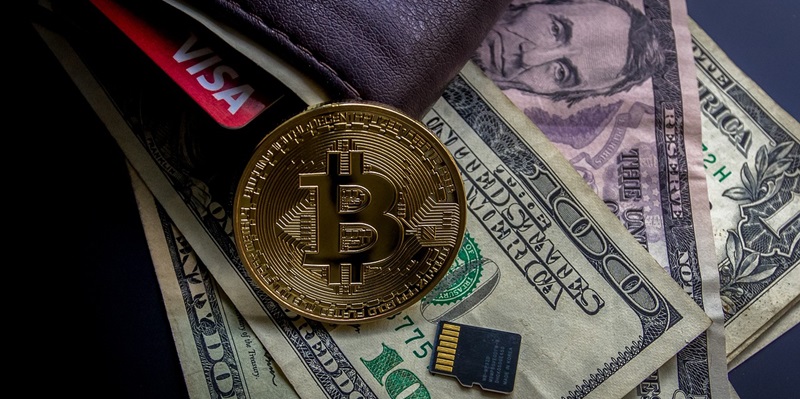The rapidly growing sector of decentralized finance (DeFi) leverages blockchain technology to offer a variety of financial services, such as lending, borrowing, and trading, with the promise of high returns and innovation. However, as enticing as these opportunities may seem, they come with several critical risks that investors must be aware of. Understanding these risks is crucial for anyone looking to navigate the DeFi landscape effectively and safely.
Smart Contract Vulnerabilities
One of the most intriguing aspects of DeFi is its reliance on smart contracts, which are self-executing contracts with the terms written directly into code. While these contracts bring unparalleled efficiency and automation to financial transactions, they are also susceptible to bugs and hacking attempts. In 2021 alone, billions of dollars were lost due to hackers exploiting weaknesses in smart contracts. This vulnerability poses a significant threat to investors, who can lose their funds through no fault of their own, simply because the underlying code had a flaw.
Lack of Regulation
The very essence of DeFi is its decentralized nature, which inherently means minimal regulatory oversight. This lack of regulation fosters rapid innovation and swift transactions but leaves investors unprotected against unlawful activities. Unlike traditional financial institutions that provide insurance and guarantees for deposited funds, DeFi platforms offer no such safety nets. As a result, investors are exposed to substantial financial risk without any assurance that their funds are secure in cases of fraud or platform failure.
Market Volatility
The cryptocurrency market is notoriously volatile, and the DeFi sector is no exception. Sharp price fluctuations can result in massive financial losses for investors within a very short period. Leveraged investments, where investors borrow funds to amplify potential returns, can intensify this risk. In a downturn, leveraged positions may be liquidated, causing investors to lose not only their potential gains but also their initially borrowed capital as well.
Liquidity Risks
Liquidity pools are a cornerstone of many DeFi projects, enabling the smooth facilitation of transactions. However, during times of heavy selling pressure, these pools can become illiquid. This lack of liquidity can prevent investors from withdrawing their capital or force them to sell their assets at significantly reduced prices. Such scenarios are particularly troubling for those needing quick access to their funds during market upheavals.
Scams
The explosive growth of the DeFi sector has unfortunately attracted a fair share of scammers. Instances of "rug pulls," where project founders disappear with investors’ funds, are particularly prevalent. These scams exploit the unregulated and anonymous nature of DeFi platforms, leaving investors with significant losses and little recourse for recovery.
Protective Measures for Investors
To mitigate these risks, investors must adopt specific protective strategies. Conducting thorough due diligence, understanding the operational protocols, and only investing funds that one can afford to lose are essential starting points. Diversification across various DeFi projects can also help spread risk, as the underperformance of one investment might be balanced by the better performance of others. Additionally, engaging with reputable communities, seeking insights from seasoned investors, and staying up-to-date with DeFi developments can prove invaluable.
Conclusion
The rapidly expanding field of decentralized finance (DeFi) leverages blockchain technology to provide a range of financial services, including lending, borrowing, and trading. This cutting-edge sector promises significant returns and groundbreaking innovations that are captivating many investors. However, despite its allure, DeFi is fraught with substantial risks that potential investors must recognize and understand. From smart contract vulnerabilities to regulatory uncertainties, these risks can pose serious challenges. For instance, a code error in a smart contract can lead to substantial financial losses. Additionally, DeFi platforms can be targets for hacks and scams, given the nascent state of the technology and the often-limited oversight. Moreover, the regulatory environment surrounding DeFi is still evolving, which can lead to legal ambiguities and potential unforeseen changes in compliance requirements. Thus, comprehending these risks is essential for anyone aiming to navigate the DeFi space effectively and securely, ensuring they can make informed decisions and protect their investments.

